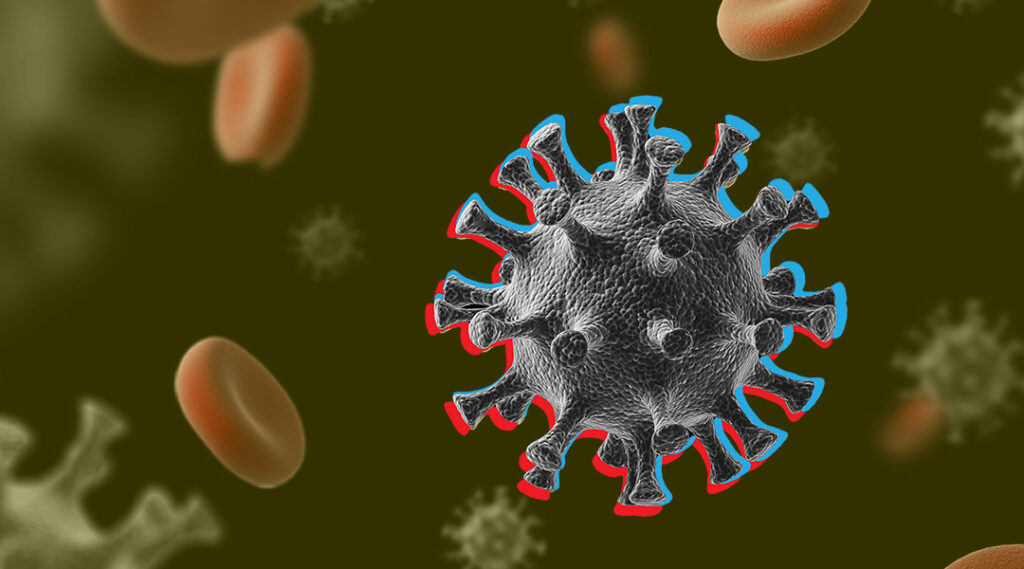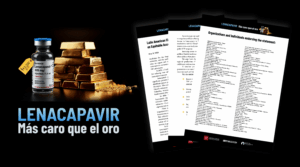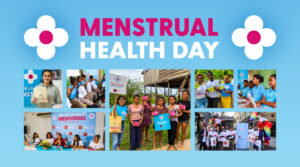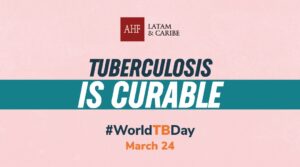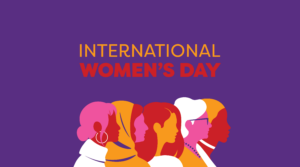If you have just received an HIV diagnosis, it is very likely that your medical team has told you that, as long as you do not reach an undetectable level of virus in your blood and you are not with a partner who is in the same condition, you should continue using a condom, why?
It would be easy to think that if two people are already living with HIV, there is no problem in them having unprotected sex, since the virus is in both of them. This is not the case, but fortunately today there is more than one way to prevent reinfection.
Types and subtypes
The two types of HIV are called HIV-1 and HIV-2, and although both can lead to AIDS, they are different from each other, explains the WebMD.com site, dedicated to the dissemination of verified medical information.
HIV-1 is the most common type worldwide, while HIV-2 affects a much smaller number of people, mainly in West Africa. In fact, HIV-2 is more difficult to transmit from one person to another, and it takes longer to bring the body to the AIDS stage.
The two types of HIV, in turn, have various subtypes or strains. Some of the strains replicate more quickly and can be passed from one person to another more easily than others. The subtypes are named with letters of the alphabet and, for example, the most common subtype in South America is B, while throughout the world, the predominant subtype is C.
Regardless of these statistics, you might know a person who has another subtype or type, or who even has the same type of HIV as you, has a resistant strain in their body.
All of this information is important because knowing the type of HIV you have could determine some decisions about your antiretroviral treatment. Your medical team will likely run blood tests to identify the type or strain of virus you have.
What is HIV RE-INFECTION?
In the case of HIV, people usually acquire only one type and/or one strain of the virus for the first time, but this does not mean that it will be the only one in the body. It is perfectly possible for someone who is already living with HIV to become infected again with a different type or strain, this is what is called reinfection.
If you have unprotected sex or share injection equipment (as in drug use) with another person who has a different strain of HIV than you, you could be re-infected and compromise your health.
HIV reinfection is a complication because the virus you get a second time may be resistant to certain types of drugs, so the treatment you were initially prescribed may not work for the new infection.
To avoid re-infection
The first recommendation to avoid reinfection is to use a condom in all your sexual relations, so that you avoid both HIV and other sexually transmitted infections that can complicate your health. However, today it is known that antiretroviral treatment followed to the letter is also a tool to prevent transmission.
The goal of antiretroviral treatment is to keep you in the best health for as long as possible, preventing your immune system from being affected by HIV. This can be measured by the amount of virus circulating in the blood.
The level of this virus is the viral load, and the goal is to keep it so low that it is undetectable; this is usually achieved after six months of treatment. Once you have reached an undetectable viral load and have maintained it for three months, it is safe to have sex without a condom, because remember that undetectable = non transmittable.
So now you know, if you already have an HIV diagnosis and you have not started your antiretroviral treatment or if you suspended it and want to resume it, come to one of the AHF Latin America and the Caribbean offices and we will advise you, we are in 11 countries the region.

